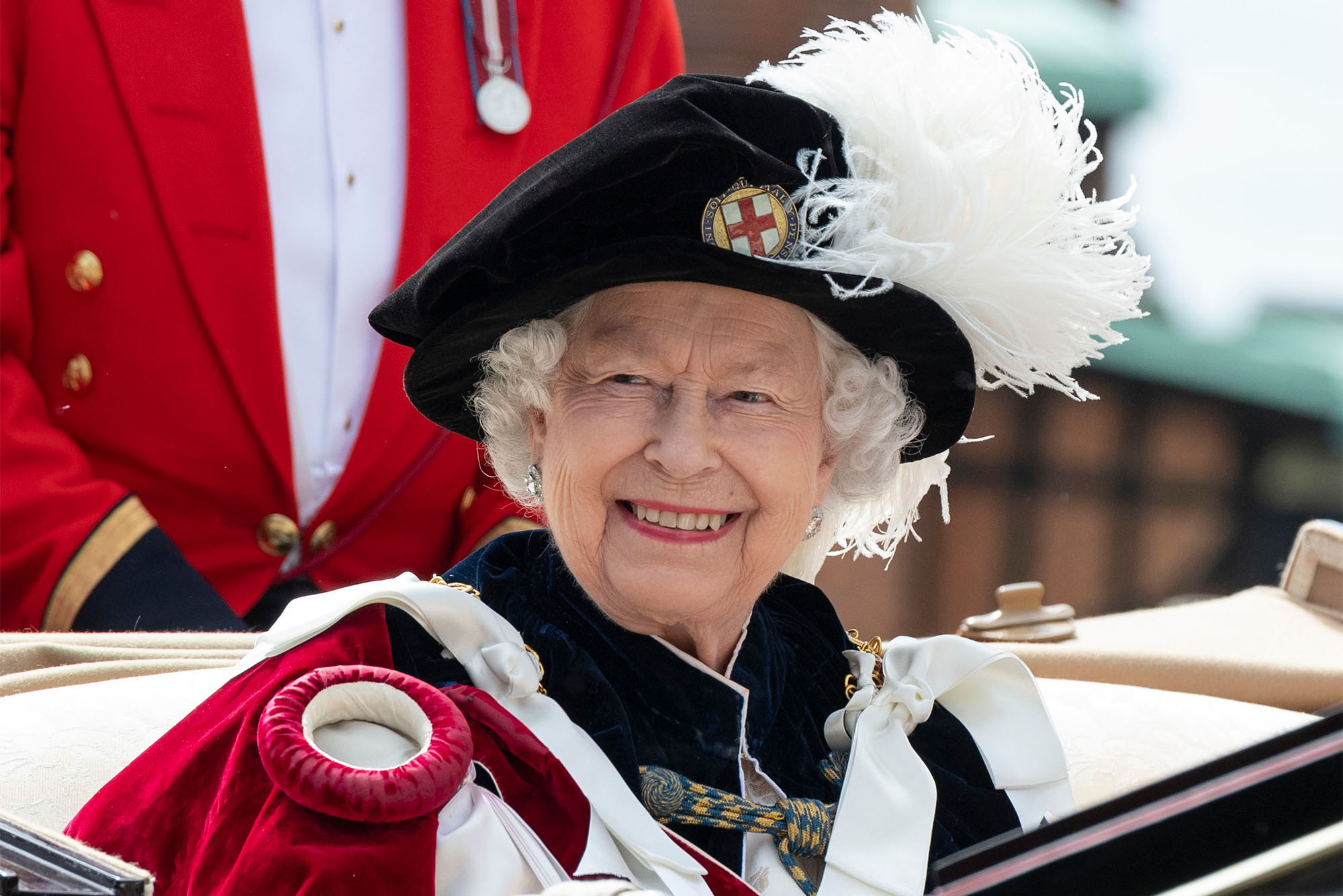POV: The Queen’s Platinum Jubilee Is Cause for Celebration

Photo courtesy PA Wire and AP Images
POV: The Queen’s Platinum Jubilee Is Cause for Celebration
This week’s events remind us that we’re watching history being made
This week Britons and members of the British Commonwealth of Nations around the globe are celebrating the Queen’s Platinum Jubilee, the record-setting 70-year reign of Her Majesty, Elizabeth II, now 96. While many would argue that the monarchy is an outdated relic of an earlier epoch, being in Britain this June to celebrate this momentous day, there is little evidence of that claim. It is certain that these sentiments will surge with the Queen’s passing, but for now, the celebratory atmosphere of a four-day Bank Holiday Weekend—this truly once-in-a-lifetime event—brings vibrancy and pride among Britons and visitors alike in need of a cheer-up after a few hard years post-Brexit and (hopefully) post-COVID.
Jubilees have long been noted to mark the anniversary of the coronation of the monarch. There is evidence that Edward III (1327-1377) marked his 50 years on the throne with jousting and celebrations. Later, George III (1738-1820) marked his golden milestone in 1809 with church services, banquets, closing of shops (in this “nation of shopkeepers” according to Napoleon), and even a tower built on a mountain in Wales to commemorate his 50th year on the throne. Soon after, George III fell ill and his reign was placed under a Regency—so this celebration was in fact timely. Many would agree the most famous Jubilee was Queen Victoria’s Diamond (60) Jubilee in 1897—the pinnacle of decades of duty and service to the nation and the Empire—it was even captured on film.
It seemed unthinkable that a 60-year reign would be matched, never mind surpassed, but in June 2012, HRH Queen Elizabeth II, too, celebrated 60 years on the throne. That year was a banner one in London, between the Olympics and the yearlong Jubilee celebrations that included special events at Chelsea Flower Show, Trooping the Colour, special concerts, including one on the Mall with big names such as Sir Elton John and Sir Paul McCartney performing, and hundreds of garden and block parties at Buckingham Palace and neighborhoods across Great Britain. As a member of the Royal Household at Buckingham Palace in 2012, I can assure you the mood was electric for months and the celebrations seemed to roll one into the next.
This year’s celebrations, while slightly muted after last year’s passing of the Queen’s husband, Prince Philip, and her recent mobility concerns, are hoped to do for the country what Her Majesty’s coronation in 1953 did to lift the spirits of Post-war Britain, where rationing was still in place as late as 1954. The coronation, along with 1951’s Festival of Britain and the Queen’s 1947 marriage to Philip, have long been viewed as moments that united a people exhausted from the maelstrom of war.
This year, those of us teaching at BU London as part of the College of General Studies summer term are able to bring some of this celebratory mood to our first year, second semester students, who have experienced their own upheaval over the past two years. With Union flags strung along every available surface in central London, King’s Road decked out in massive floral pieces made to look like crowns, Beefeaters, and the Queen’s profile for Chelsea Flower Show, our students have been struck by the festive atmosphere that is on every corner. As a British historian, this has made my work quite easy, emphasizing upon them that they are once again watching history be made. A Platinum Jubilee will not happen again in our time.
Monarchist or republican, it is hard not to be impressed with the duration of the Queen’s reign (14 prime ministers, including Churchill) and her loyalty and dedication to her role. A constitutional monarch reigns, truly, in name only, but the pomp and circumstance that goes with the Windsors has, arguably, done much for a feeling of stability over otherwise tumultuous times, such as the Cold War, the loss of international prestige after Suez, Thatcherism, shifting relations with the continent (trying to join the EU, rejection, joining, leaving), among others. Her own family was often a source of contention as those of us from the sidelines second-guessed her choices as a mother and wife (and then second-guessed again after watching The Crown). So while her reign has not been all smooth sailing, the rough spots have been largely forgotten this spring as we marvel over the dignity and staying power of a 96-year-old sovereign, the Head of the Church of England, who is not only a great-grandmother of 12, but represents not only another time, but many other times and eras.
“POV” is an opinion page that provides timely commentaries from students, faculty, and staff on a variety of issues: on-campus, local, state, national, or international. Anyone interested in submitting a piece, which should be about 700 words long, should contact John O’Rourke at orourkej@bu.edu. BU Today reserves the right to reject or edit submissions. The views expressed are solely those of the author and are not intended to represent the views of Boston University.
Comments & Discussion
Boston University moderates comments to facilitate an informed, substantive, civil conversation. Abusive, profane, self-promotional, misleading, incoherent or off-topic comments will be rejected. Moderators are staffed during regular business hours (EST) and can only accept comments written in English. Statistics or facts must include a citation or a link to the citation.